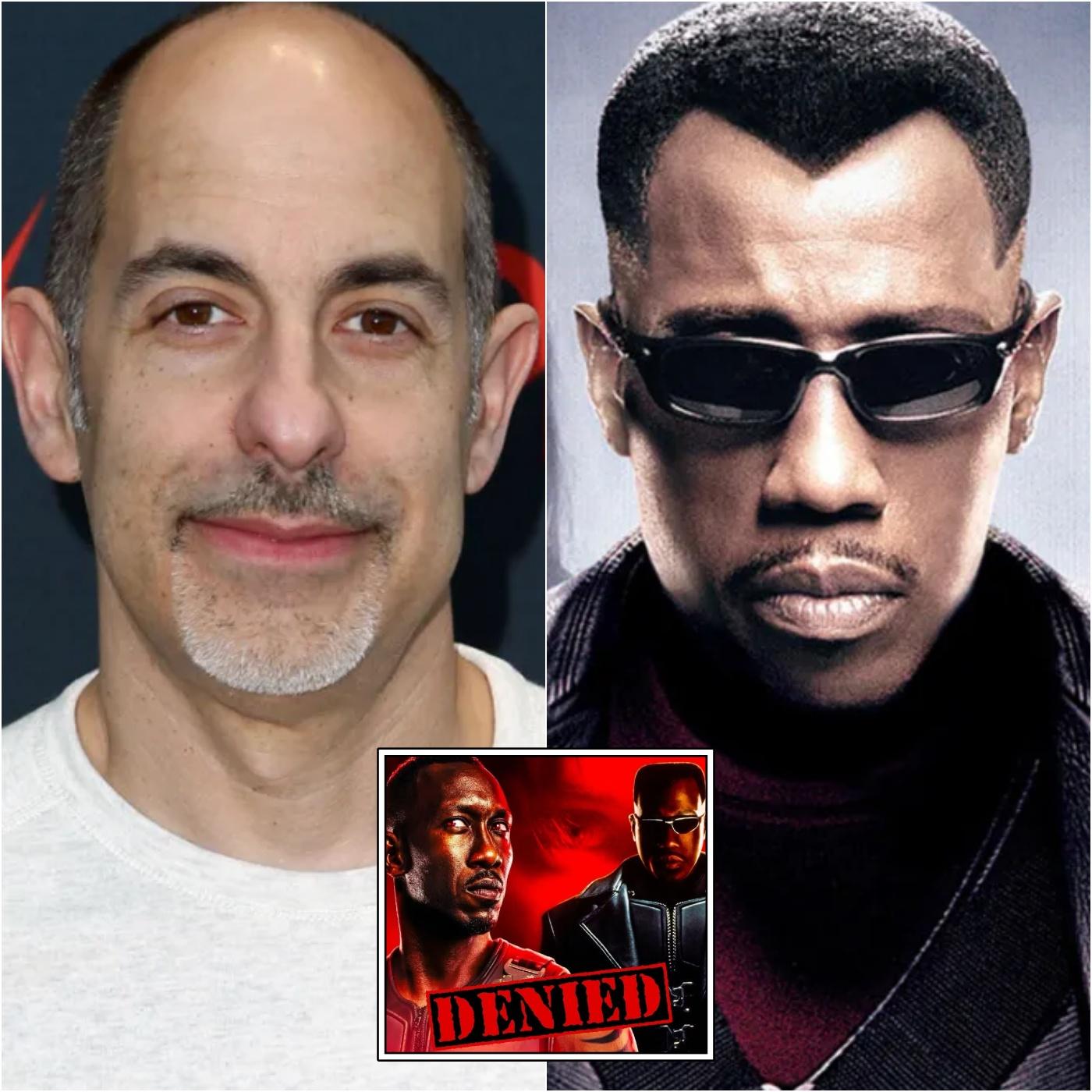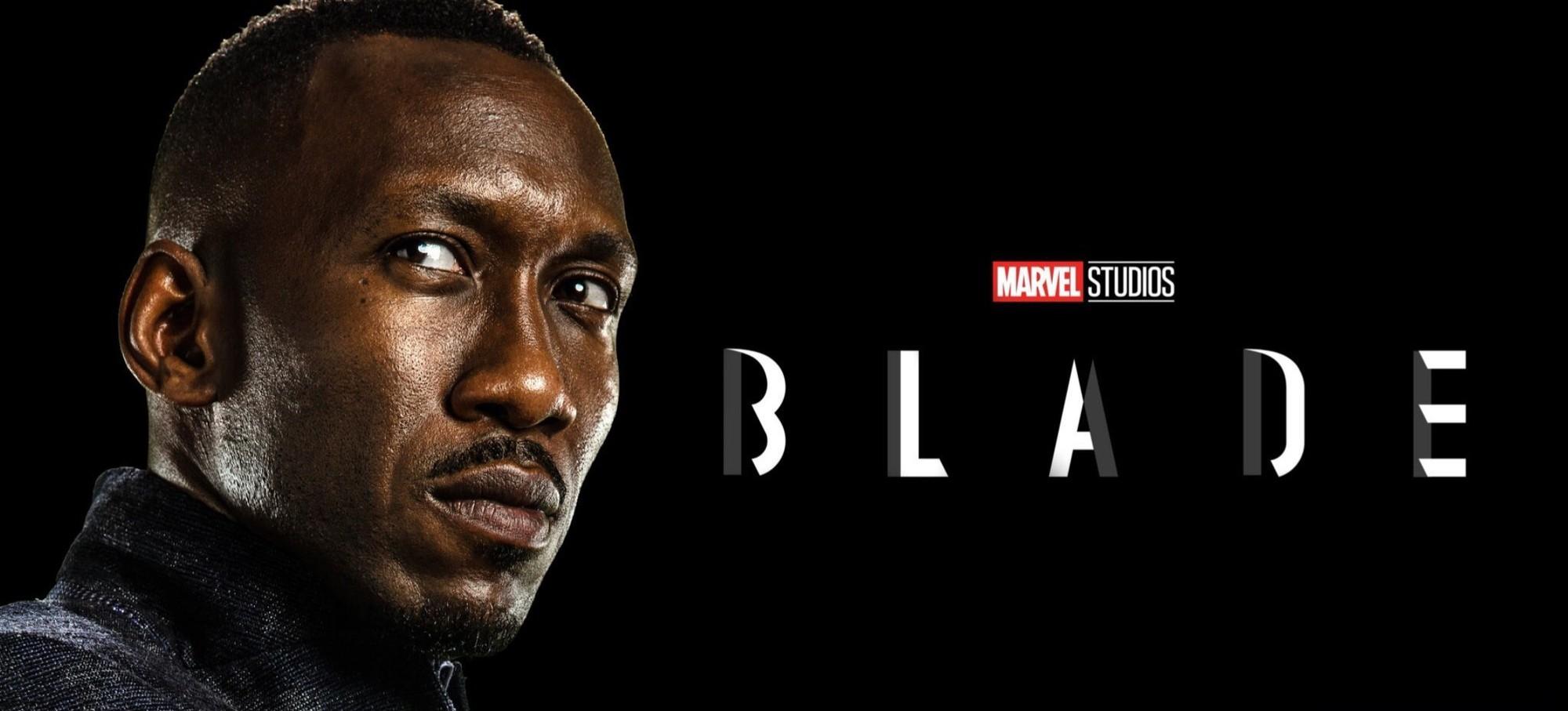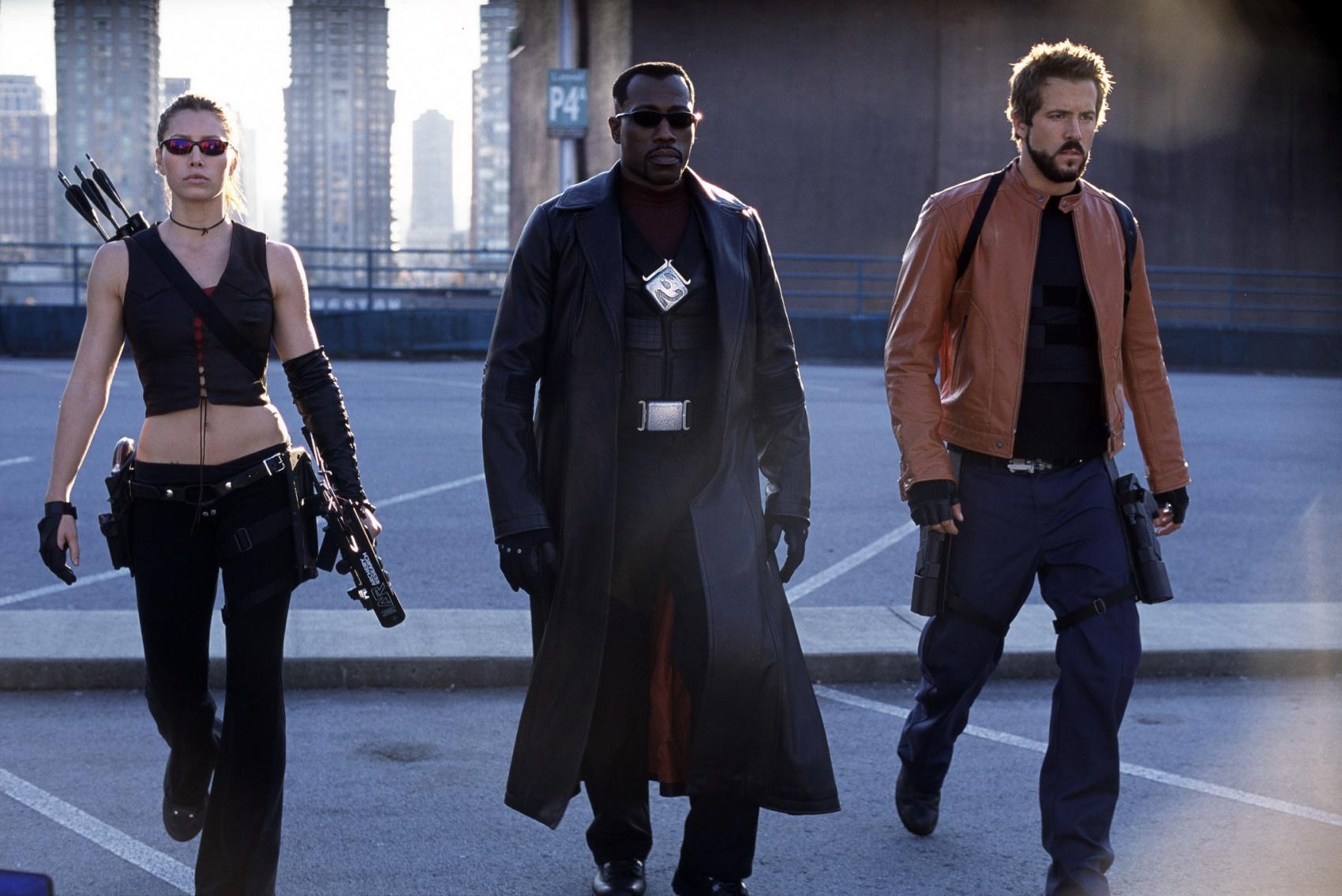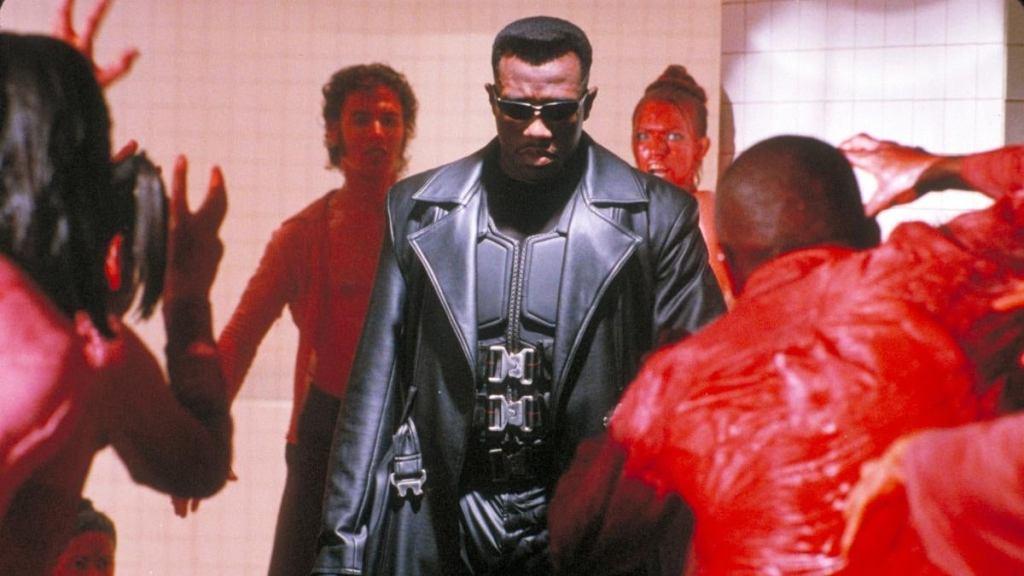Marvel Studios, once the unchallenged titan of superhero cinema, is facing a storm of criticism for its recent creative missteps, and the long-delayed Blade reboot stands as a glaring symbol of its struggles. The project, mired in development hell for years, has become a lightning rod for frustration, with even the original Blade writer, David S. Goyer, openly questioning how a studio with Marvel’s resources could fumble such a straightforward story. The tale of a vampire hunter slicing his way to a showdown with Dracula seems like a slam dunk, yet Marvel’s inability to deliver has fans and insiders alike scratching their heads.

At the heart of the issue is Marvel’s apparent urge to overcomplicate a narrative that thrives on simplicity. Blade, first brought to life by Wesley Snipes in the 1998 film, is a character defined by gritty, no-nonsense action and a clear mission: hunt vampires, kill Dracula. Goyer, who penned the original trilogy, argues that this premise doesn’t need reinventing. He’s voiced frustration over Marvel’s attempts to weave in contemporary social themes, like reorienting the story around female characters or heavy-handed progressive messaging. While inclusivity is a noble goal, Goyer suggests these additions feel forced, diluting the raw, visceral appeal that made Blade a cult classic. A lean, R-rated action-horror hybrid could recapture that magic, but Marvel seems hesitant to embrace the edge that defined the original films.

The Blade reboot’s troubles are just one piece of a larger puzzle. Marvel’s upcoming Ironheart series, centered on the relatively new character Riri Williams, is already drawing whispers of being one of the studio’s weakest offerings to date. Insiders point to a disconnect between Marvel’s current direction and the rich comic lore that fueled its earlier successes. The studio’s pivot to untested modern characters, while bold, often sidelines the deeper, more resonant stories from its classic catalog. Fans have been vocal about their reluctance to embrace these newer faces, longing instead for the familiar heroes and narratives that defined Marvel’s golden age.

Goyer’s critique carries weight because of his proven track record. His Blade films were groundbreaking, blending superhero grit with horror in a way that felt fresh and fearless. He’s not alone in his skepticism of Marvel’s current path. Drawing from advice given by Christopher Nolan, Goyer has expressed reluctance to return to high-profile superhero projects that risk tarnishing their legacy. Nolan, who revolutionized superhero cinema with his Dark Knight trilogy, cautioned against diving into projects like Batman v Superman, which Goyer himself worked on to mixed results. That experience seems to have solidified his belief that some stories are better left untouched unless they can honor their roots.

Marvel’s creative leadership has also come under fire for its unstable decision-making. The studio’s once-ironclad formula—built on compelling characters, tight narratives, and crowd-pleasing action—seems to have lost its spark. Instead of leaning into the action-driven storytelling that made films like Iron Man and Captain America: The Winter Soldier cultural juggernauts, Marvel’s recent projects often feel bloated with competing priorities. The Blade reboot, for instance, has cycled through multiple writers and directors, each bringing a new vision that further muddies the waters. This indecision has left the project in limbo, with no clear path forward.
What makes this saga so perplexing is the untapped potential sitting right in front of Marvel. The Blade story doesn’t need to be a sprawling epic or a platform for social commentary. It’s a tale of a lone hunter, a katana-wielding warrior taking on the forces of darkness. The formula worked in 1998 because it was unapologetically focused, delivering thrills without overthinking the subtext. If Marvel could strip away the excess and channel that same energy, Blade could be the shot in the arm the studio desperately needs.
As Marvel navigates this turbulent chapter, the question lingers: can it rediscover the bold simplicity that once defined its success? The Blade reboot’s fate may hold the answer. For now, fans are left waiting, hoping for a return to the gritty, action-packed storytelling that made them fall in love with Marvel in the first place. In a landscape crowded with new characters and ambitious agendas, sometimes the most powerful move is to keep it simple—and let Blade do what he does best.




